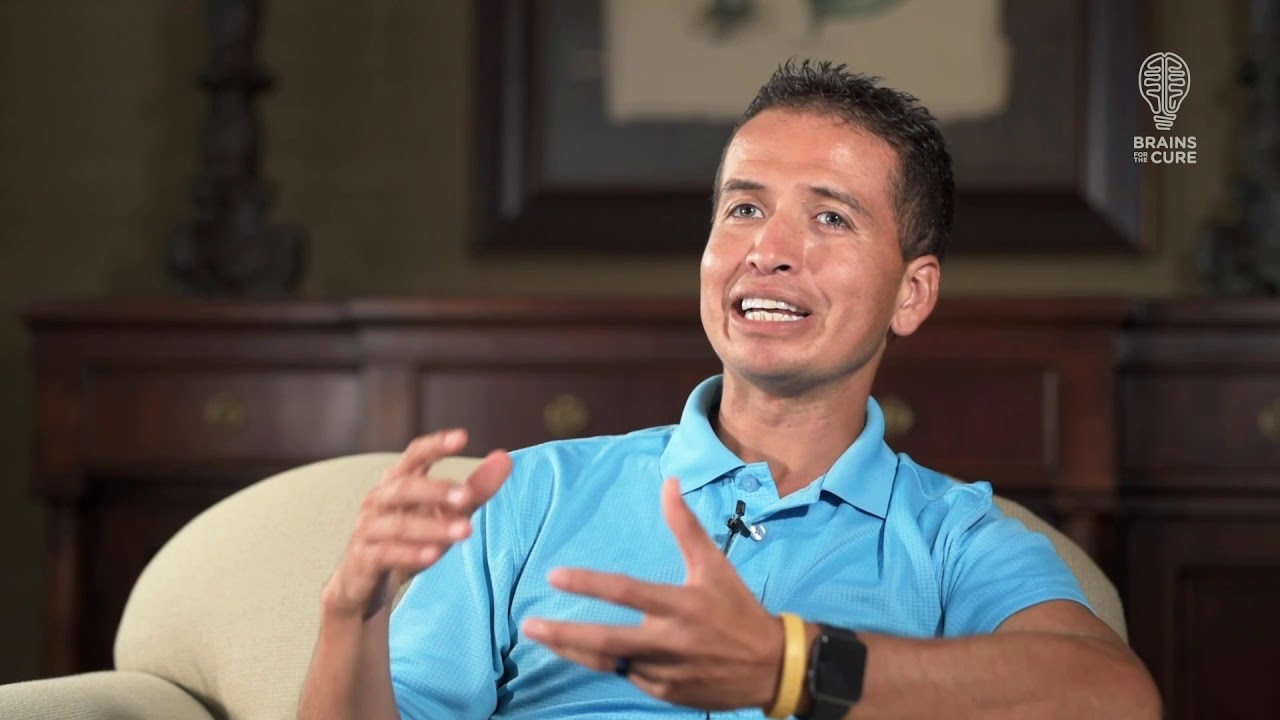A brain cancer diagnosis triggers intense emotions, particularly anger, fear, and sadness. Navigating through this emotional turbulence is a daunting task, but it is possible to find ways to cope and adapt. Here, we explore practical strategies for coping with anger and fear throughout the challenging journey that a brain cancer diagnosis brings. Understanding Emotions:Anger may stem from feelings of injustice, frustration, or helplessness in the face of a disease that disrupts life plans and expectations. Fear, on the other hand, arises from the uncertainty of the future, concerns about treatment outcomes, and the existential threat posed by the illness.

